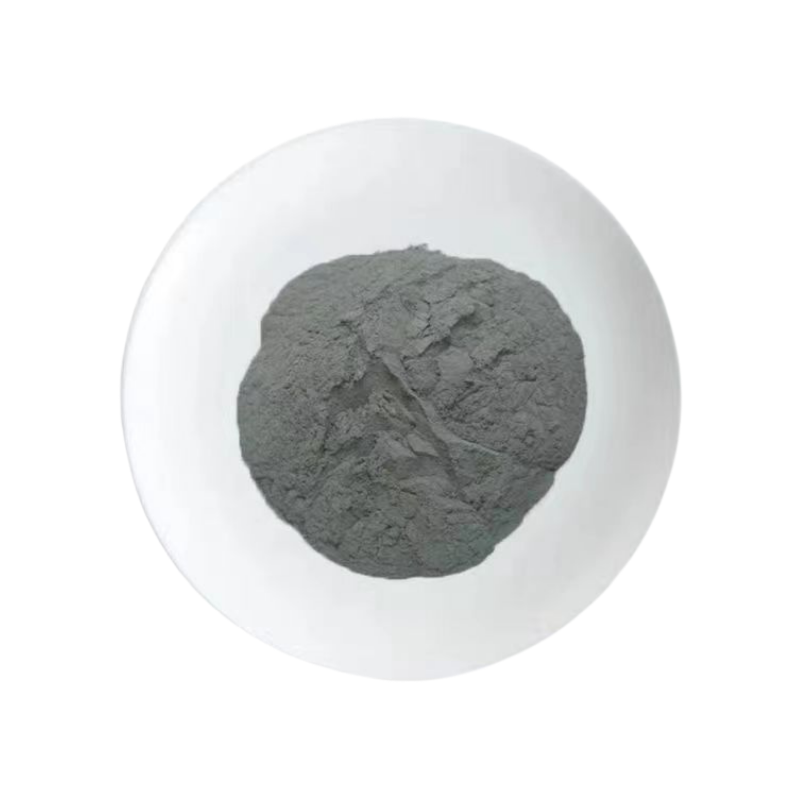
Exploring the Benefits and Uses of Vermiculite in Sustainable Building and Gardening Practices
Understanding Vermiculite An Essential Mineral for Sustainable Living
Vermiculite is a naturally occurring mineral that has garnered significant attention in various industries due to its unique properties and versatility. This silicate mineral, which expands when heated, is primarily composed of magnesium, iron, aluminum, and silicate. Its ability to expand significantly—up to 30 times its original size—makes it a popular choice for many applications, ranging from agriculture to construction and horticulture.
Understanding Vermiculite An Essential Mineral for Sustainable Living
In horticulture, vermiculite is appreciated for its ability to support seed germination and rooting. When mixed with other growing mediums, it creates a balanced environment that promotes healthy root development. This is particularly significant in hydroponics and indoor gardening, where control over the growing conditions is paramount. By using vermiculite, gardeners can improve aeration and drainage, reducing the risk of overwatering and root rot, which are among the main causes of plant failure.
vermiculite 4

Beyond agriculture, vermiculite has made its mark in the construction industry. Its insulating properties make it an ideal material for thermal and acoustic insulation. Vermiculite insulation is not only effective but also lightweight, which simplifies the construction process while saving on costs. Furthermore, in regions prone to fire hazards, vermiculite’s fire-resistant properties add an additional layer of safety for buildings and homes. As the world grapples with climate change, sustainable building practices are becoming increasingly crucial. Vermiculite, being a naturally sourced material, fits seamlessly into this movement by providing eco-friendly building solutions.
Another advantage of vermiculite is its natural origin, making it a non-toxic and safe material for both humans and the environment. However, it is essential to ensure that the vermiculite used is sourced responsibly. Some vermiculite, particularly from certain mines, may contain asbestos, posing health risks. Thus, ensuring that the product is certified asbestos-free is critical for safety.
As consumers become more environmentally conscious, the demand for sustainable and eco-friendly materials will continue to rise. Vermiculite represents a unique opportunity to contribute positively to various industries while promoting responsible resource use. Its versatility makes it an invaluable asset, and ongoing research into its applications may reveal even more uses in the future.
In conclusion, vermiculite stands as a testament to how natural materials can enhance agricultural practices, improve construction methods, and contribute to sustainable living. By utilizing vermiculite responsibly and effectively, we can harness its benefits while promoting a healthier planet. Whether you are a gardener looking to improve your soil quality, a builder seeking sustainable materials, or simply someone interested in reducing your environmental footprint, vermiculite is certainly worthy of consideration. Its myriad applications make it not just a mineral but a fundamental component of an ecological and sustainable future.
Share
-
Premium Pigment Supplier Custom Solutions & Bulk OrdersNewsMay.30,2025
-
Top China Slag Fly Ash Manufacturer OEM Factory SolutionsNewsMay.30,2025
-
Natural Lava Rock & Pumice for Landscaping Durable Volcanic SolutionsNewsMay.30,2025
-
Custom Micro Silica Fume Powder Manufacturers High-Purity SolutionsNewsMay.29,2025
-
Custom Mica Powder Pigment Manufacturers Vibrant Colors & Bulk OrdersNewsMay.29,2025
-
Custom Micro Silica Fume Powder Manufacturers Premium QualityNewsMay.29,2025






